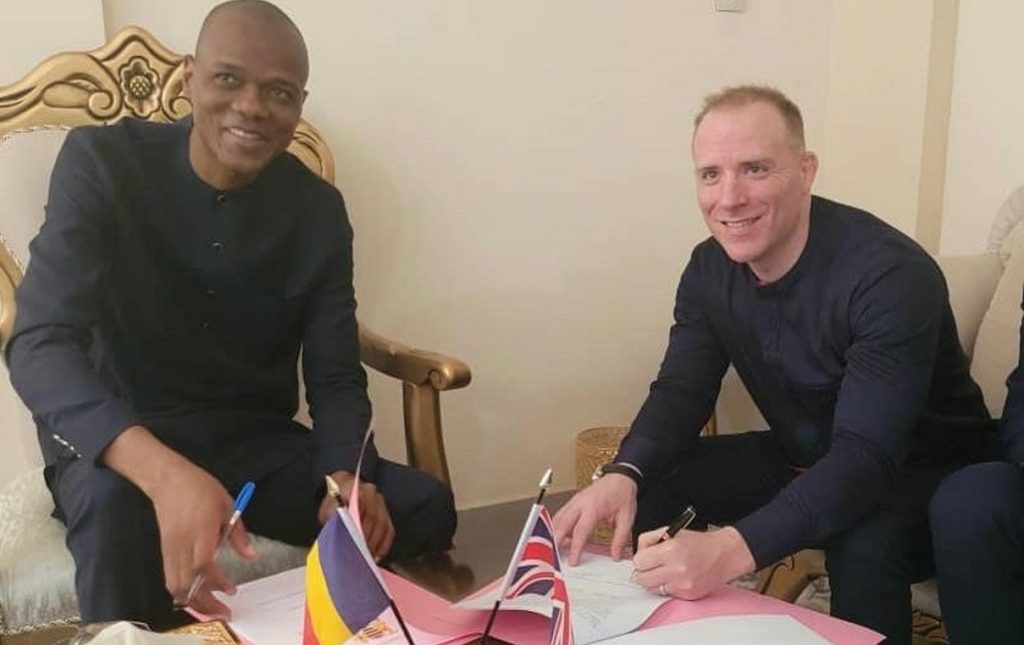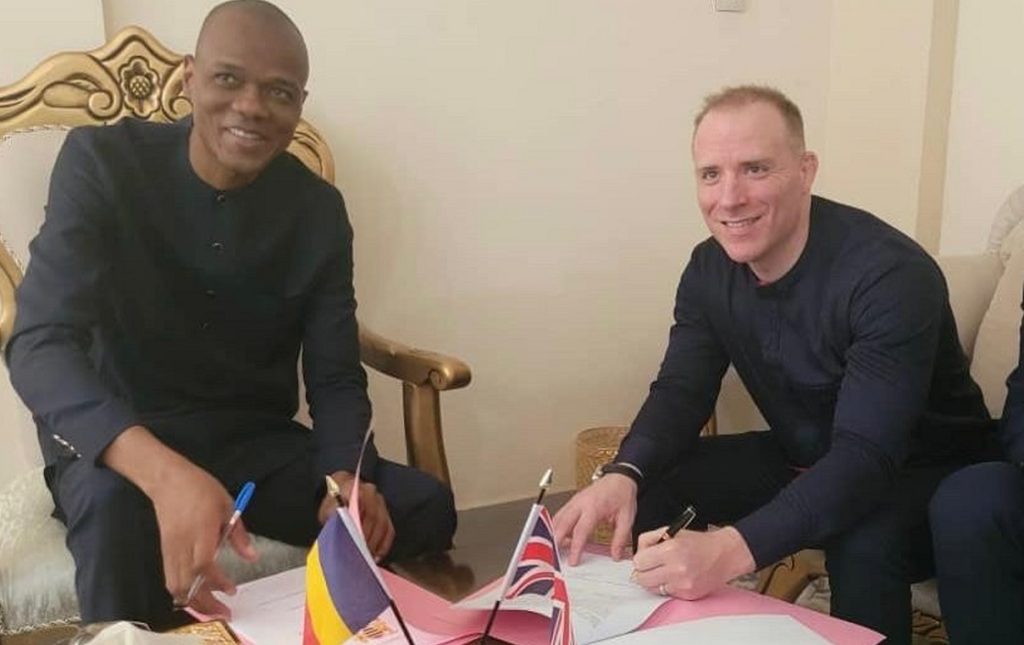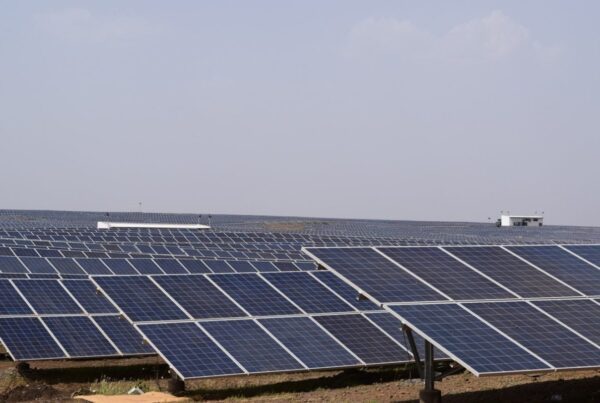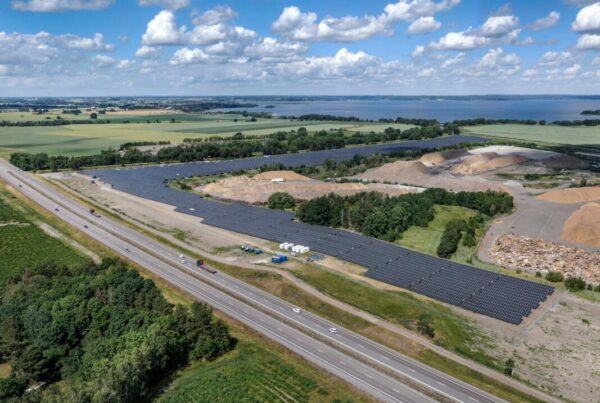
British energy company Savannah Energy has signed an agreement with the government of Chad for the development of up to 500MW of utility-scale renewables.
The first project, located in the south of the country and due to be operational in 2025, comprises up to 300MW of solar PV and a battery energy storage system (BESS) that will provide power for the Doba Oil Project and two nearby towns.
The tariff for the electricity generated from installation is expected to be significantly less than that being paid for the current hydrocarbon-based power generation in the region, according to Savannah Energy, which said the installation will provide electricity “on a potential 24/7 basis”.
A second project covered by the company’s agreement involves the development of solar and wind farms of up to 100MW each – with a portion anticipated to benefit from the installation of a BESS – to supply power to Chad’s capital, N’Djamena. This project is due to send its first power to the grid in 2025 or 2026.
The installations are set to significantly scale up electricity production in Chad, which had just 285MW of generating capacity in 2020, according to the International Renewable Energy Agency.
“We are delighted to work with Savannah on these two potentially transformational power projects for Chad,” said the country’s petroleum and energy minister, Djerassem le Bemadjiel. “We are already engaged to provide all the support needed for implementing these projects and having the first power delivered to our population and our industries.”
With activities in Cameroon, Chad, Niger and Nigeria, Savannah Energy earlier this year secured a deal with the government of Niger to construct the country’s first wind farm, with a proposed capacity of up to 250MW.
Savannah Energy CEO Andrew Knott said the company expects to announce its involvement in more large-scale power projects in the next 12 months.





